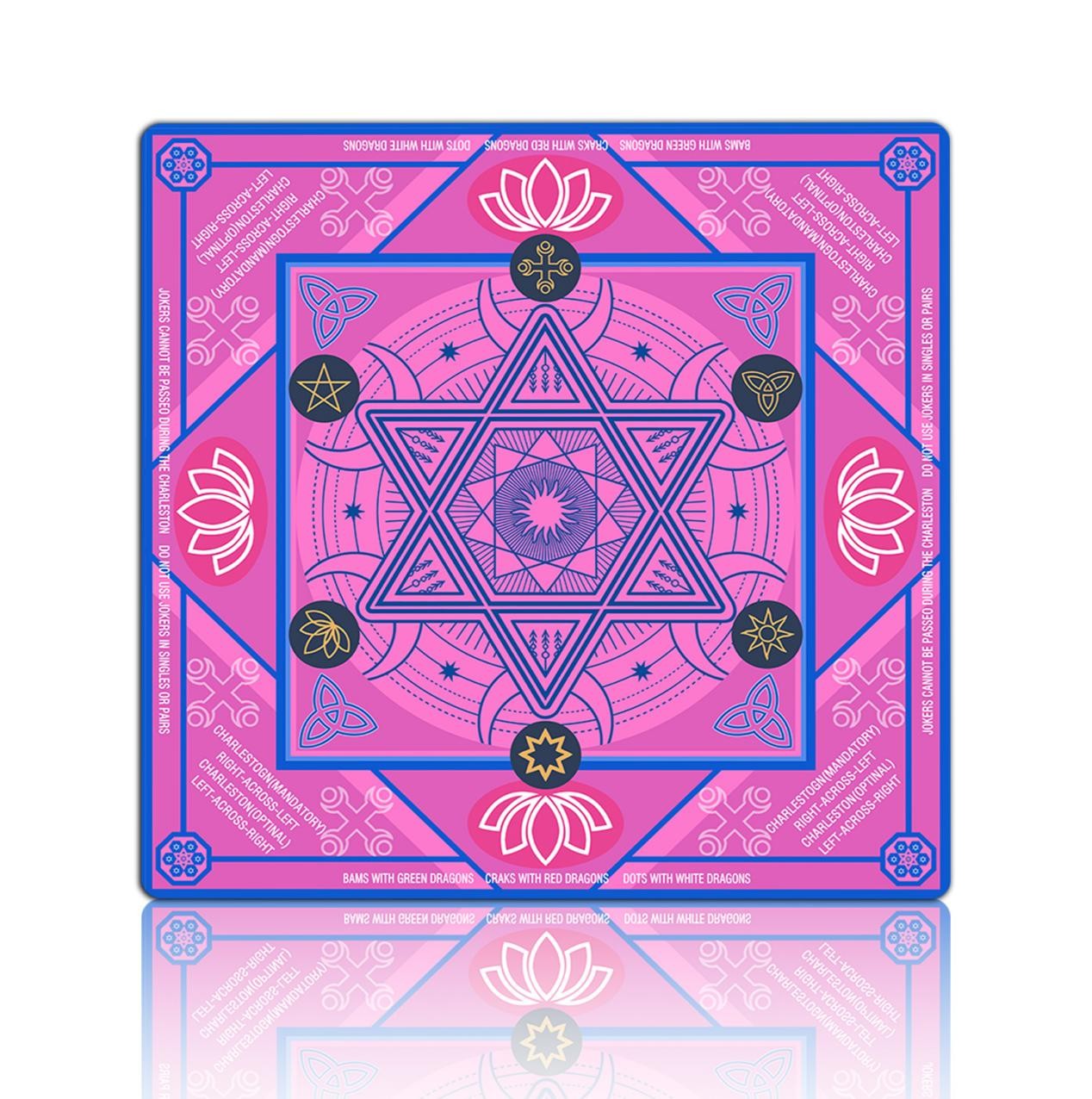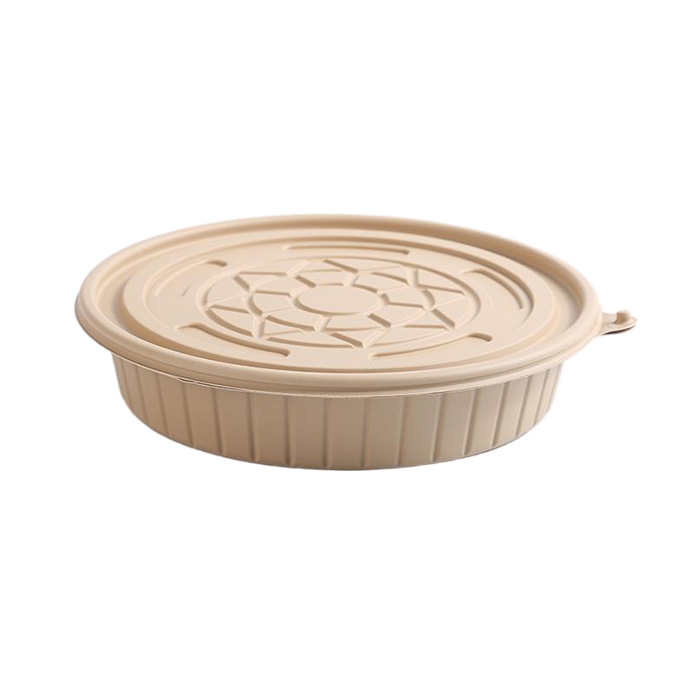The Psychology of Frugality: Understanding Why We Choose to Live a Simple Life

Frugality is a lifestyle choice that has gained popularity in recent years. Many people are choosing to live a simpler life, free from the trappings of consumerism and materialism. But why are some people so frugal? What motivates them to choose a life of simplicity over one of excess? In this article, we will explore the psychology of frugality and examine the reasons why some people choose to live a more minimalist lifestyle.
Section 1: The Benefits of Frugality
Frugality has many benefits, both for individuals and for society as a whole. Living a frugal lifestyle can help you save money, reduce stress, and improve your overall well-being. It can also help to reduce your environmental impact and promote sustainability. By living a simpler life, you can focus on the things that truly matter, such as relationships, experiences, and personal growth.
Section 2: The Psychology of Frugality
Frugality is often associated with a certain mindset or personality type. People who are frugal tend to be more conscientious, disciplined, and self-controlled. They are also more likely to value experiences over material possessions and to prioritize long-term goals over short-term gratification. Frugality can also be a response to past experiences, such as growing up in a household with limited resources or experiencing financial hardship.
Section 3: Overcoming the Stigma of Frugality
Despite the many benefits of frugality, there is still a stigma attached to living a simple life. Some people view frugality as a sign of poverty or lack of ambition. However, this is a misconception. Living a frugal lifestyle is a conscious choice that can lead to greater financial freedom and personal fulfillment. By reframing the way we think about frugality, we can overcome the stigma and embrace the benefits of living a simpler life.
Section 4: Tips for Living a Frugal Lifestyle
If you are interested in living a more frugal lifestyle, there are many tips and strategies that can help you get started. These include creating a budget, reducing your expenses, and finding ways to live more sustainably. It is also important to focus on the things that truly matter, such as relationships, experiences, and personal growth.
Conclusion:
Frugality is a lifestyle choice that can lead to greater financial freedom, personal fulfillment, and environmental sustainability. By understanding the psychology of frugality and overcoming the stigma attached to living a simple life, we can embrace the benefits of a more minimalist lifestyle. Whether you are looking to save money, reduce stress, or live a more sustainable life, frugality can help you achieve your goals.






